Mapping the Stakeholders of the Hungarian pilots
January 10 - 2025
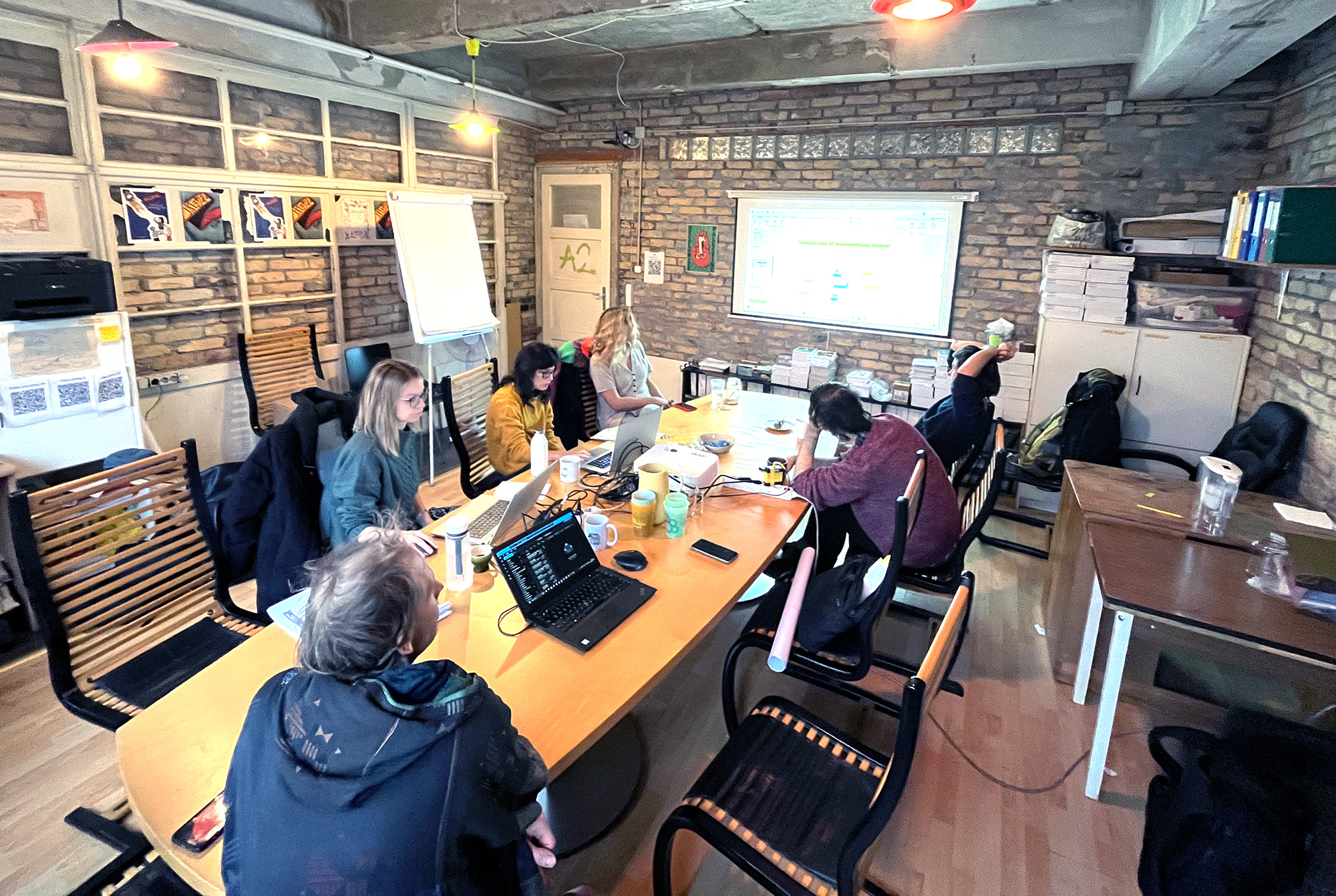
In December 2024, the first pilot-level workshop in Hungary was held at the Kazán Community Center in Budapest. Organized by ABUD and involving the Solidarity Economy Center (SEC) and the Municipality of Budapest alongside key members of the Kazán energy community, the workshop aimed to map and analyze stakeholders within the local energy ecosystem.
This effort was part of WP2: Micro Analysis: Assessment and Transferability led by ABUD, which focuses on Transition Arenas, Systems Mapping, Theories of Change, and Systems Change Roadmaps.
Workshop Objectives
The primary goal of the workshop was to define the vision of the Kazán energy community, and to identify and analyze the stakeholders who impact the energy community and those who are affected by it. For the energy community to flourish, it needs the support and participation of its key stakeholders. The aim is therefore to identify what specific stakeholders expect from the project, what their needs might be, what might prevent or motivate them to join, and what their relationship is with other stakeholders. This involved exploring the complex web of direct, indirect, and systemic relationships between stakeholders, examining power dynamics, incentives, and behaviors.
Key objectives included:
- Understanding stakeholders’ expectations of the project.
- Identifying potential barriers and motivators for stakeholder participation.
- Analyzing relationships among stakeholders to facilitate collaboration.
Additionally, the workshop aimed to gain insights into the typical energy behaviors of community members. These findings are crucial for ABUD’s research about the impact of social interactions on the energy consumption of the energy community.
Workshop Results
The workshop generated several valuable outcomes, including:
- Vision of the energy community
- Stakeholder Identification: A comprehensive list of actual and potential stakeholders within the energy community.
- Critical Stakeholders: Identification of key stakeholders requiring special attention to ensure the project’s success.
- Cooperation Analysis: An analysis of critical stakeholders to enable future collaborations.
- Energy Behavior Insights: A detailed description of typical energy behaviors among community members, along with strategies for influencing them.
Looking Ahead
The insights gathered will inform the next workshop, scheduled for the first quarter of 2025, and will contribute to building a shared knowledge base within the Kazán energy community. The session also facilitated knowledge exchange and set the groundwork for collaborative learning.
The methodology developed by ABUD for this workshop has been shared with the other pilots within the project to support their stakeholder mapping and engagement activities, ensuring a cohesive and transferable approach across initiatives.
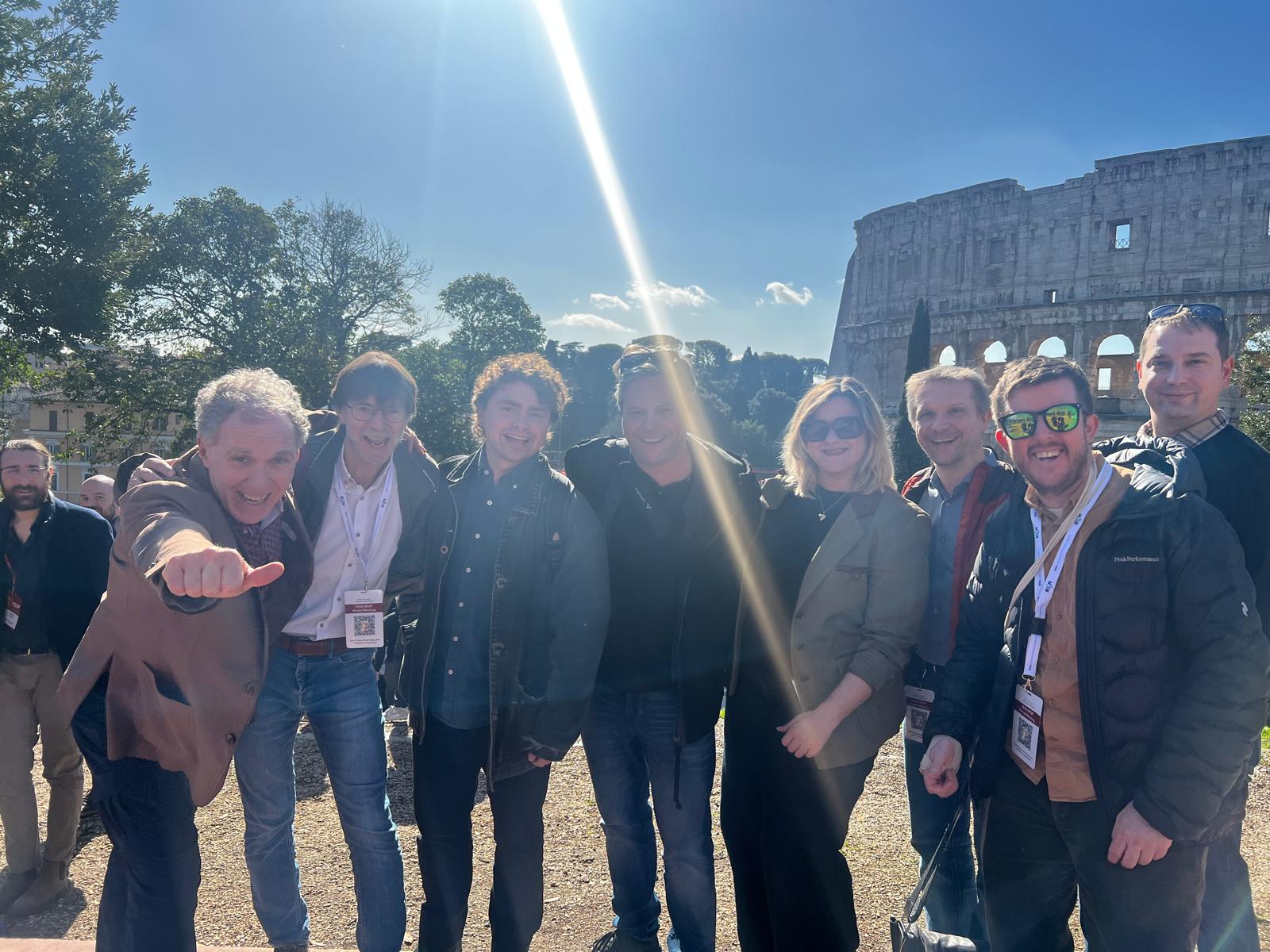
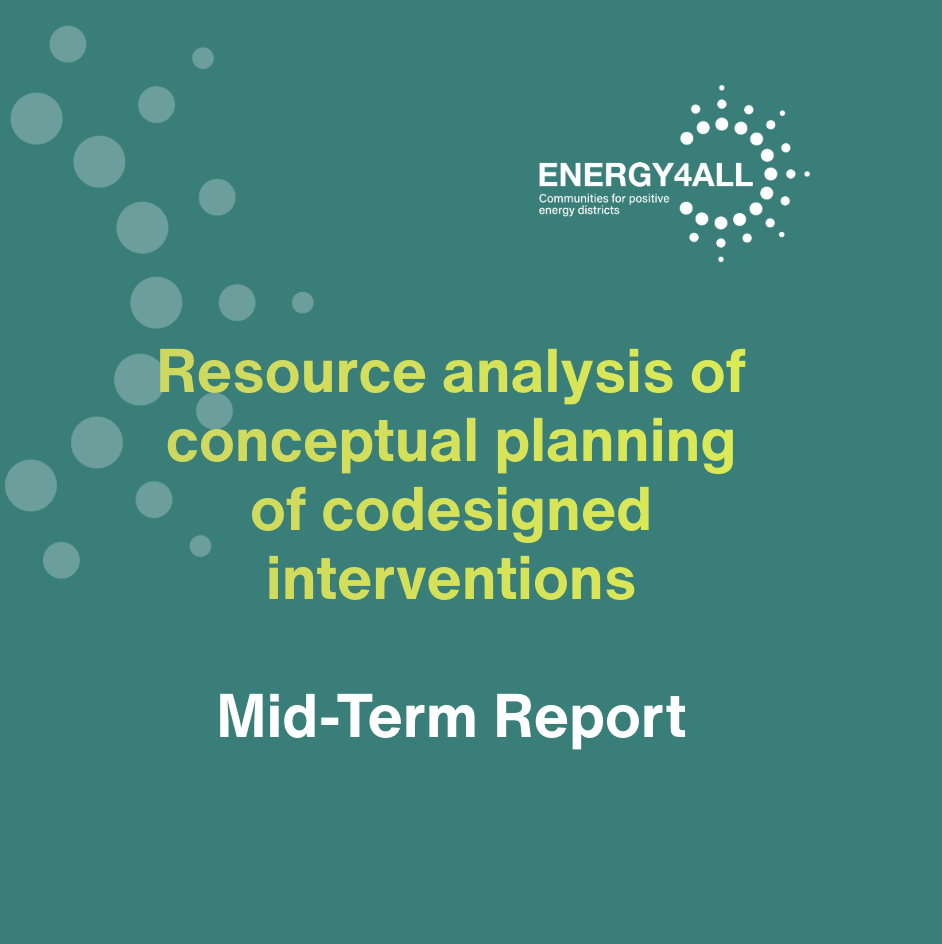
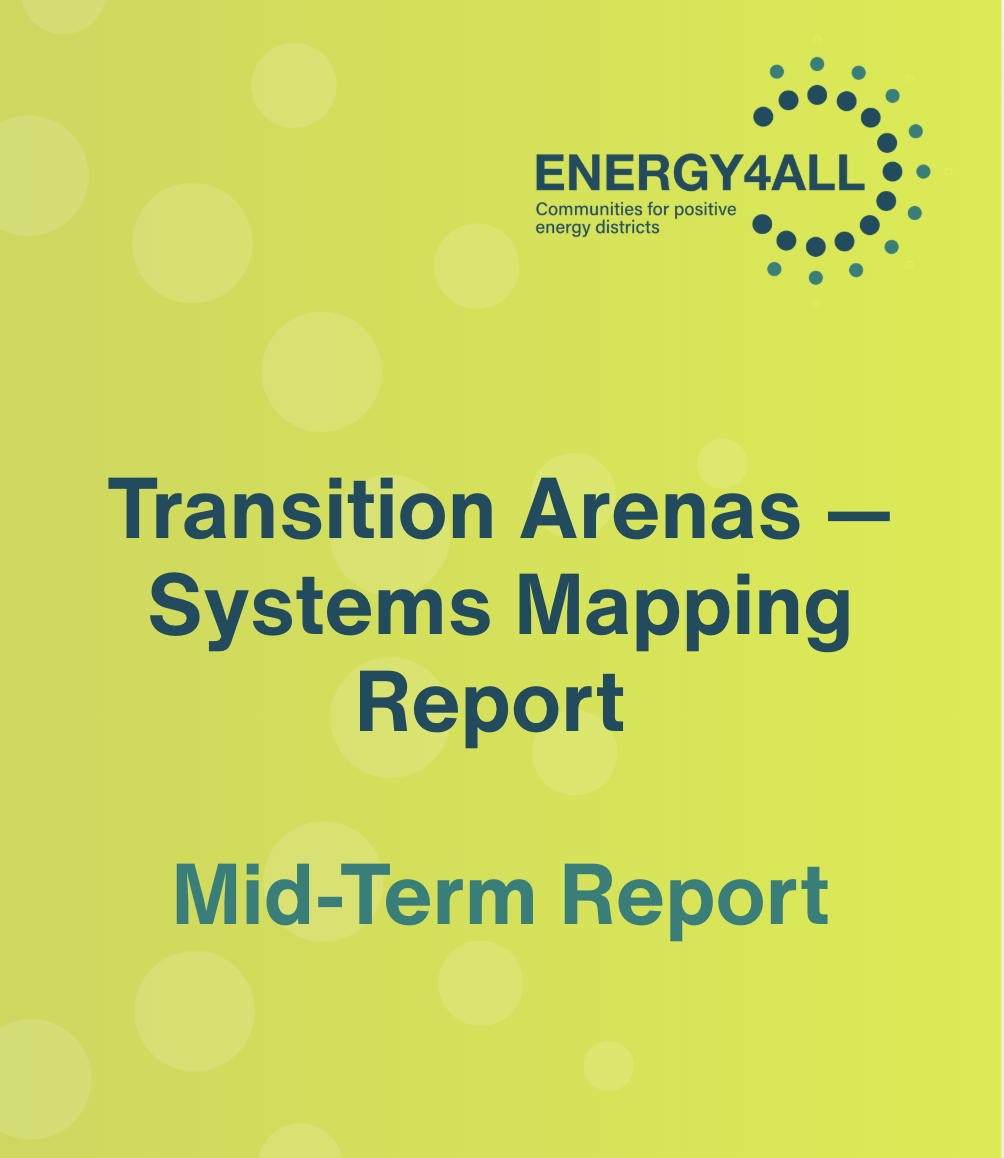
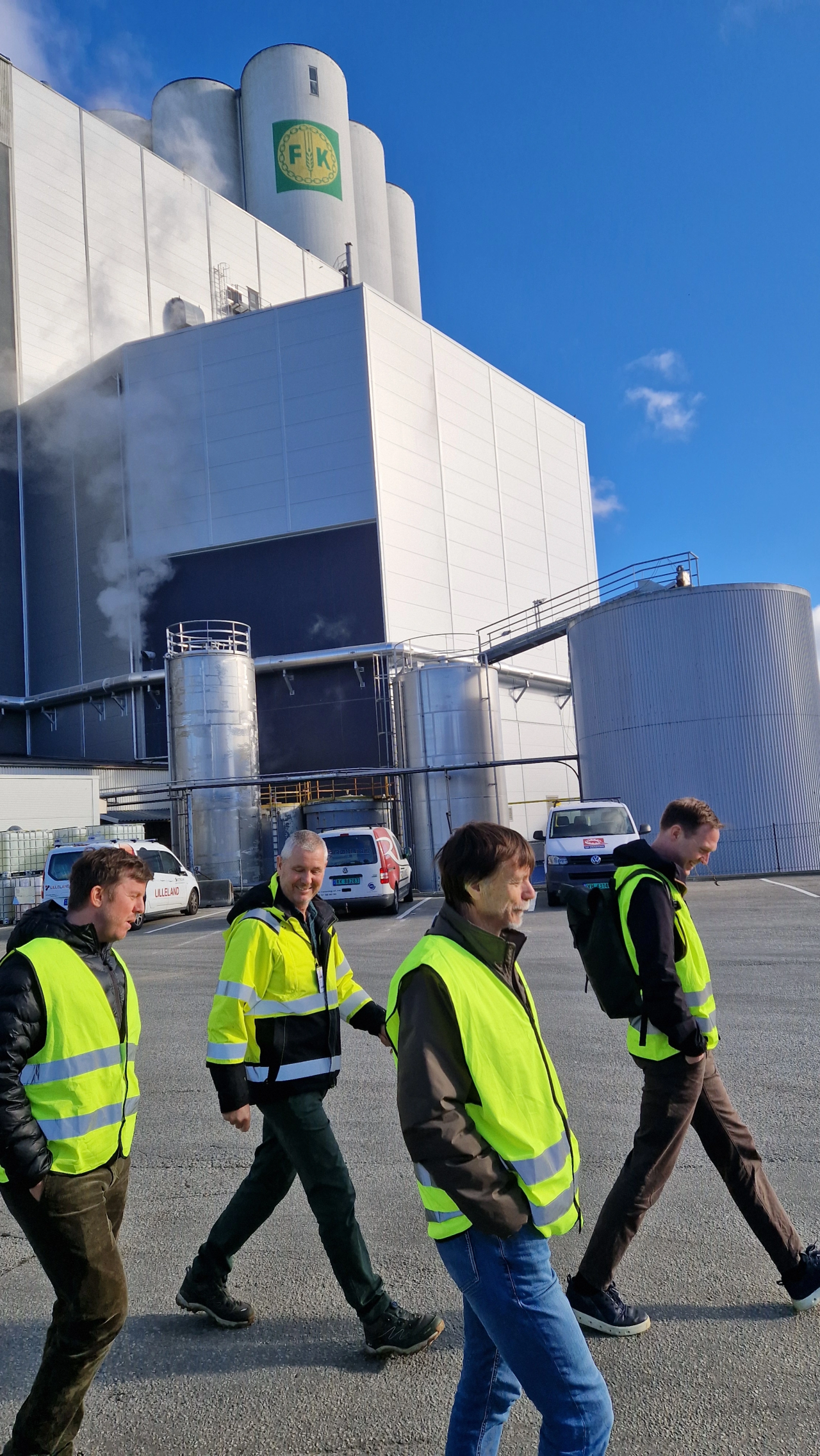
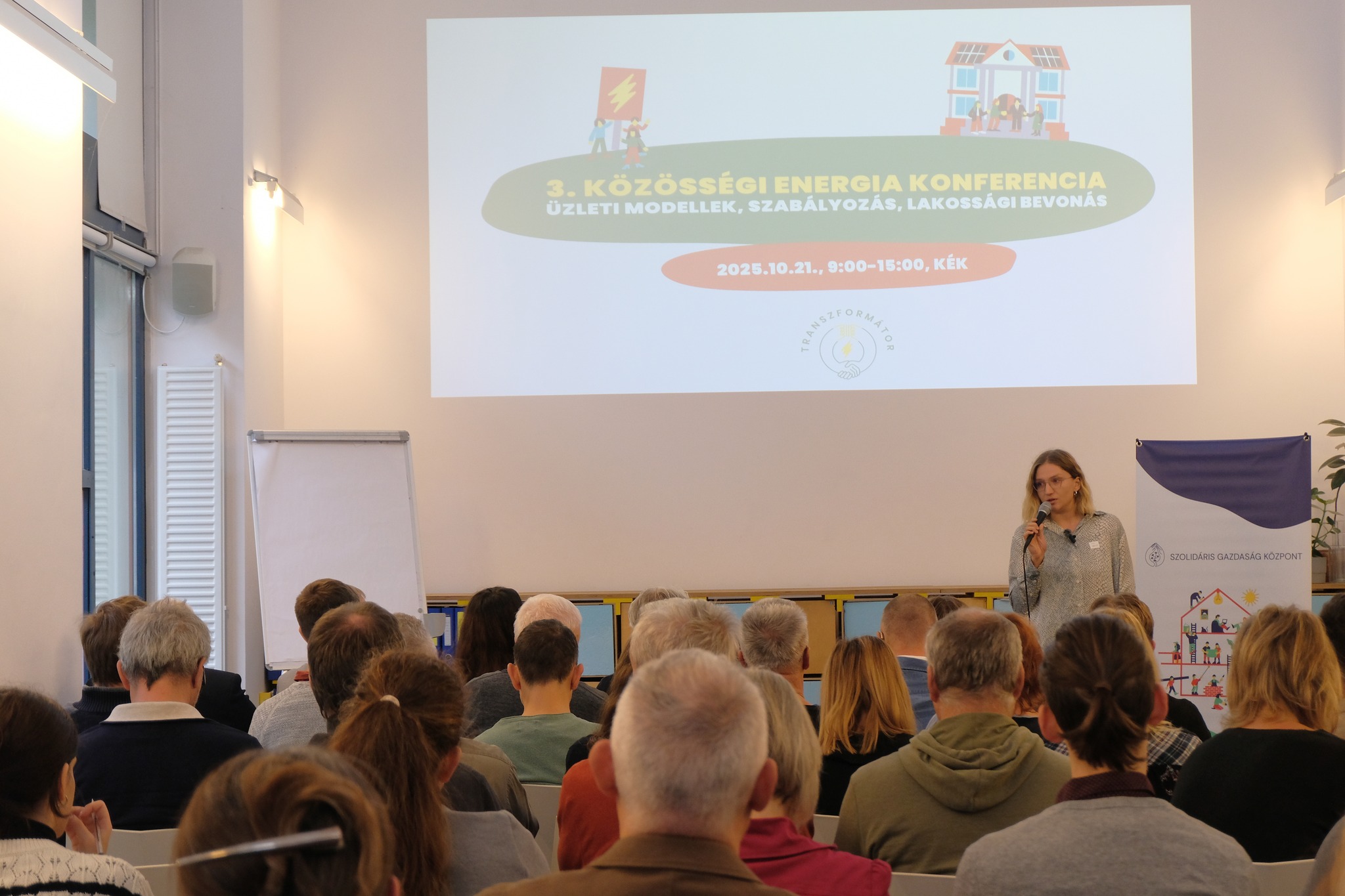




Share on